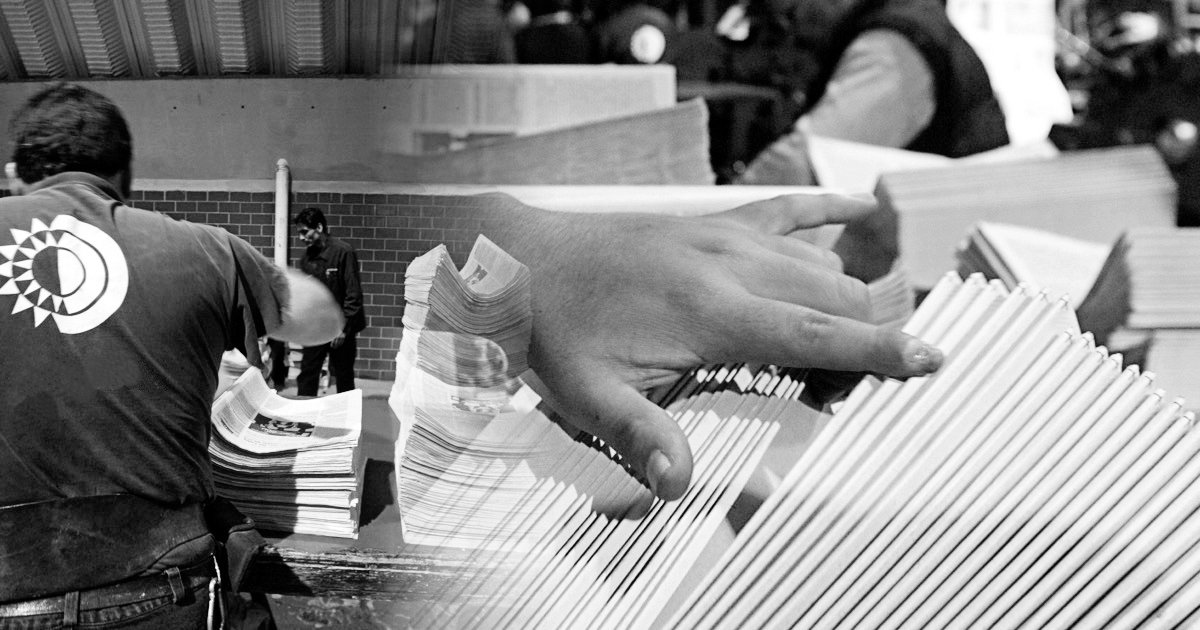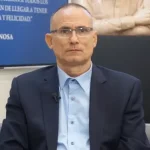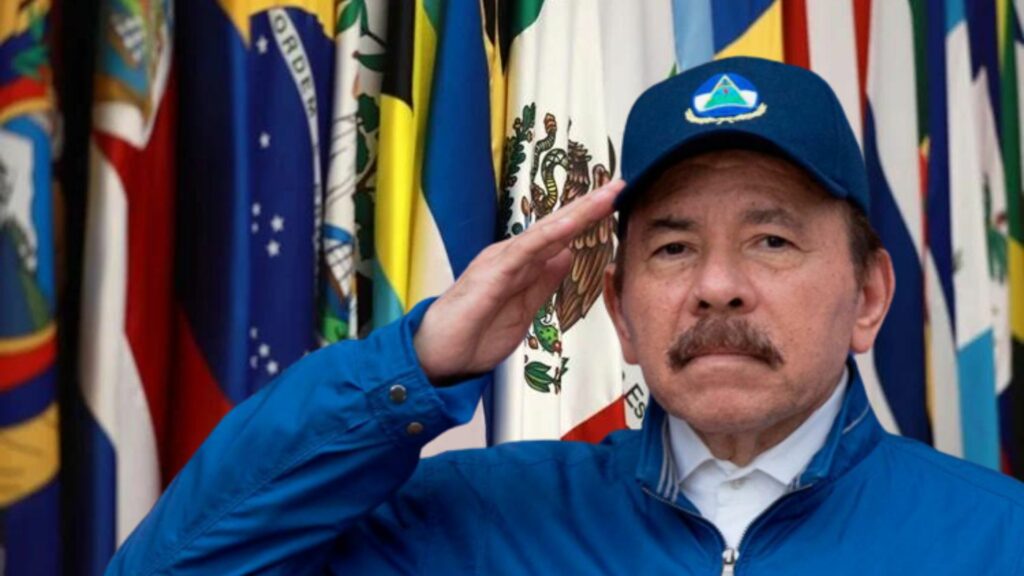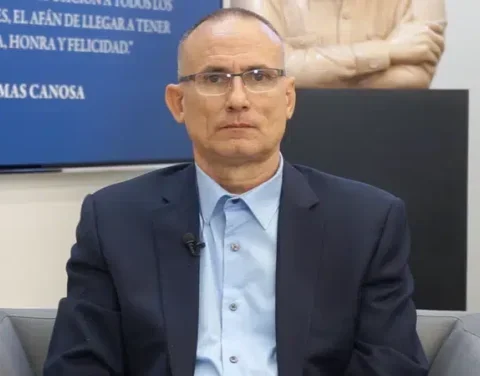L
The week that passed was full in news in the United States, some in the political and economic spheres and others related to criminal acts. The political and economic environment heats up as the time approaches for the decision to be made on raising the US government’s debt ceiling. For the hardest and most intransigent faction of the Republican right, it should not be expanded and should even be further restricted. The Democratic caucus, in line with President Joe Biden, refuses to negotiate any change in the amount of the increase. Against this backdrop, the Republican Majority Leader finds himself in a predicament: if he caves in to the claims of the radical right, he would set the stage for an economic crisis hard to predict; if he does so at Biden’s request, it is likely that his fellow party members will not know him as a leader. The only way to resolve the gibberish would be prudence on both sides and, as on other occasions, mediate a negotiation in which both sides give in to some of their demands.
The other event that has filled the media and the pessimism of American society is the incessant violence that has claimed more than 70 lives so far this year. Last week in California, a Chinese citizen killed 11 people at a party celebrating the Chinese lunar year. That same week, another citizen of the same roots murdered seven farmworkers, including four of Mexican descent. The reasons for the murders are unknown, but there is no doubt that there is a social problem throughout the nation due to the indiscriminate use of weapons, which in theory should be restricted to the police and the army. In the same context, news that stunned the entire nation was that a 6-year-old boy shot her teacher, seriously wounding her. How was it possible for a child to have a weapon and bring it onto school grounds without her parents or school authorities noticing?
Impossible to avoid commenting on the abominable way in which Tire Nichols, a 29-year-old African-American man, was kicked to death by five police officers of the same race in the city of Memphis. Outrage once again darkens American society, just like it did a little over three decades ago, when Rodney King was assaulted by other police officers in Los Angeles. It is difficult to understand what was going through the heads of these five policemen who, without any mercy or reason, kicked the defenseless young Nichols.
In the midst of all these alarming notes, one positive one stands out: the pronouncement from the Vatican made by the highest hierarch of the Catholic Church, Pope Francis, in the sense that homosexuality is not a crime
. Regardless of the importance that the declaration implies for the faithful of the Catholic Church, its impact in the political context could have great implications for the electorate. One of the biggest obstacles to liberal politics has been the obedience that citizens, particularly Hispanics, owe to religious canons. It is not a secret that a good number of them disapprove of homosexuality because the Church so orders it. The papal declaration opens a range of options for those who profess that religion and, consequently, the possibility of getting closer to the Democratic Party, which has had an open empathy with sexual freedoms. Two things could happen: one, that other churches also choose to take the same path and consider a universal opening to sexual liberties, and the other, no less transcendental, that the Pope would continue on that path to free his faithful from the ties that for centuries have restricted their freedoms and rights. If this is the case, we would be on the way to retake the lost path of the Enlightenment.

















